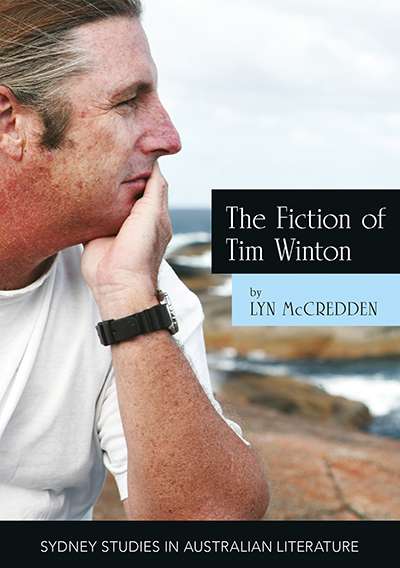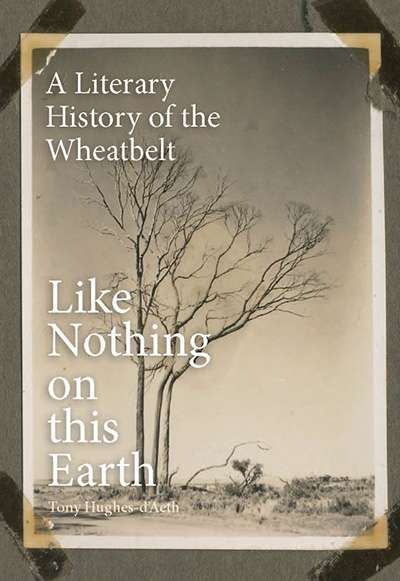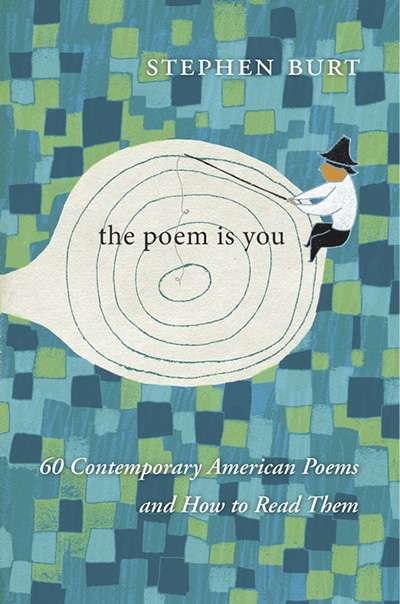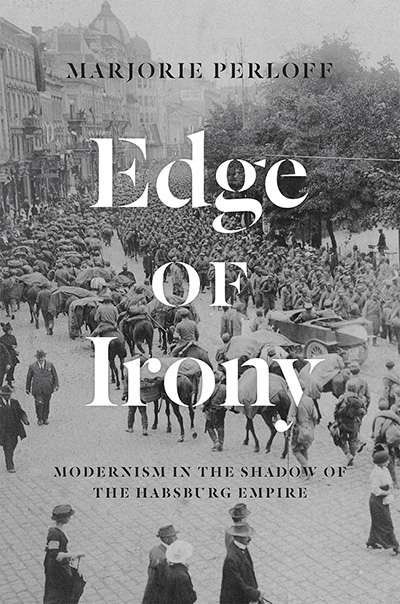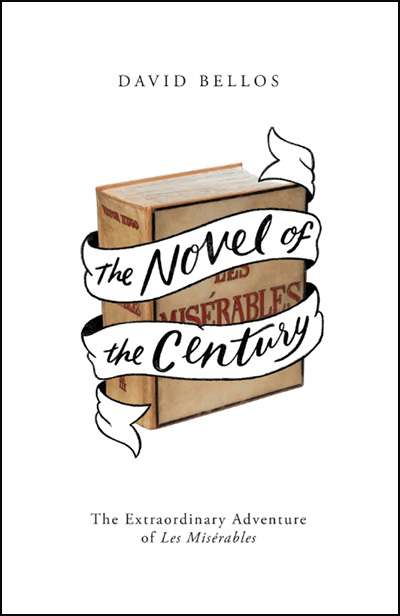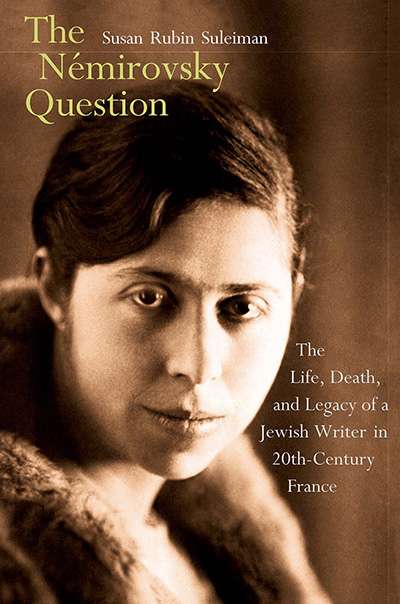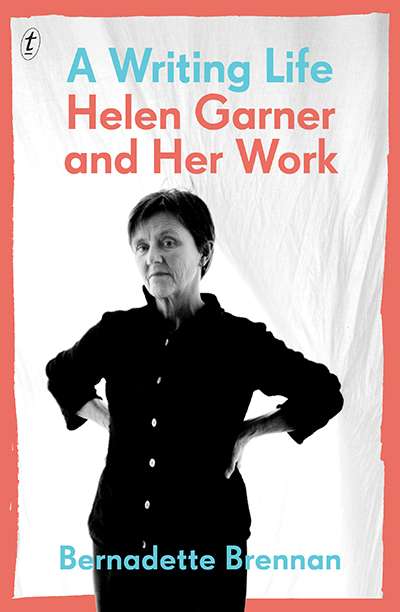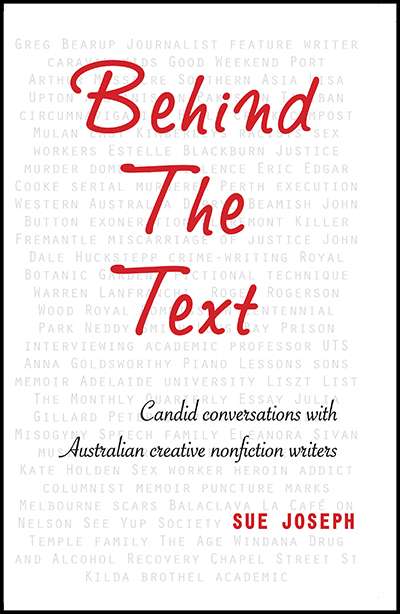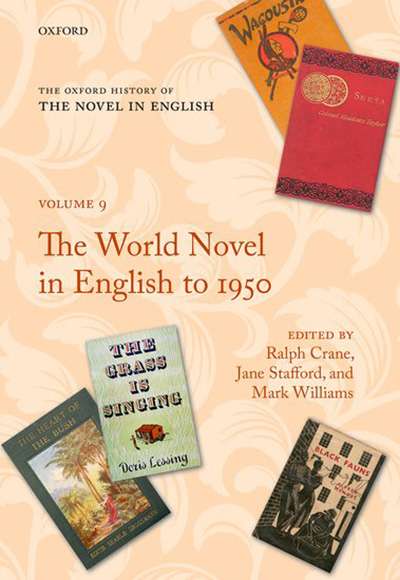Literary Studies
The Fiction of Tim Winton: Earthed and sacred by Lyn McCredden
Tim Winton is embarrassing to Australian literary critics. It is not that it is impossible to form adequate literary judgements about the nature of his work. It is simply that any judgements one might form seem so totally irrelevant. Winton’s work makes plain a certain disconnect between the interests and imperatives of Australian literary criticism and those of t ...
Like Nothing on this Earth: A literary history of the wheatbelt by Tony Hughes-d’Aeth
In his Epilogue to this major study of the West Australian wheatbelt and its writers, Tony Hughes-d’Aeth describes his work. With no ‘exact precedent’ in Australian scholarship, it is ‘best thought of as an amalgam of literary history, literary sociology and literary geography’. To achieve this, Hughes-d’Aeth traces the idea of the wheatbelt through inte ...
The Poem Is You: 60 contemporary American poems and how to read them by Stephen Burt
Northrop Frye wrote that ‘No kind of book is easier to attack than an anthology’, as Stephen Burt reminds us in the introduction to ...
... (read more)Edge of Irony: Modernism in the Shadow of the Habsburg Empire by Marjorie Perloff
In her introduction to Edge of Irony, Marjorie Perloff claims that in order to ‘understand Modernism ... we have to read, more closely than we have, the deeply ironic war literature of the defunct, multicultural, and polyglot Austro-Hungarian Empire’ ...
... (read more)The Novel of the Century: The extraordinary adventure of Les Misérables by David Bellos
Visiting the actor Simon Gleeson in 2014 a few months after he was cast as Jean Valjean in a new production of Les Misérables, I was startled by the bulked-up friend who met me from the train ...
... (read more)The Némirovsky Question: The life, death and legacy of a Jewish writer in 20th century France by Susan Rubin Suleiman
When Irène Némirovsky’s Suite Française appeared in 2004, it was a huge success, in France and throughout the English-speaking world as well ...
... (read more)A Writing Life: Helen Garner and her work by Bernadette Brennan
Who is the I in Helen Garner’s work? This is the question Bernadette Brennan probes by canvassing more than forty years of Garner’s writing and her seventy-four-year existence ...
... (read more)Behind the Text: Candid conversations with Australian creative nonfiction writers by Sue Joseph
What’s in a name? Academic Sue Joseph interviews eleven Australian non-fiction writers, a varied group which includes Paul McGeough, Doris Pilkington Garimara, and Kate Holden. Joseph is on a quest to uncover whether Australian ‘creative non-fiction’ exists here, as it does in other countries, and to understand what the term signifies to her subjects.
...
Until 2015, Australian Literary Studies was still a printed artefact. It appeared in the mildly erratic pattern endemic to Australian humanities journals, which depend on busy people finding time for the rewarding but often unrewarded task of editing. Nevertheless, despite rising production costs and increasing competition from the online world, it remained ...
The Oxford History of the Novel in English: Volume 9: The world novel in English to 1950 edited by Ralph Crane, Jane Stafford, and Mark Williams
The latest instalment in the Oxford History of the Novel in English is notable for having one of its editors based in Australia and the other two in New Zealand. As these editors admit in their introduction, this volume is ‘something of a hybrid when set alongside the other eleven volumes that make up the series’, since it is organised partly by historical date, ...


